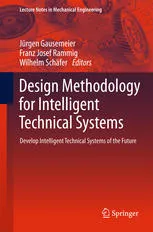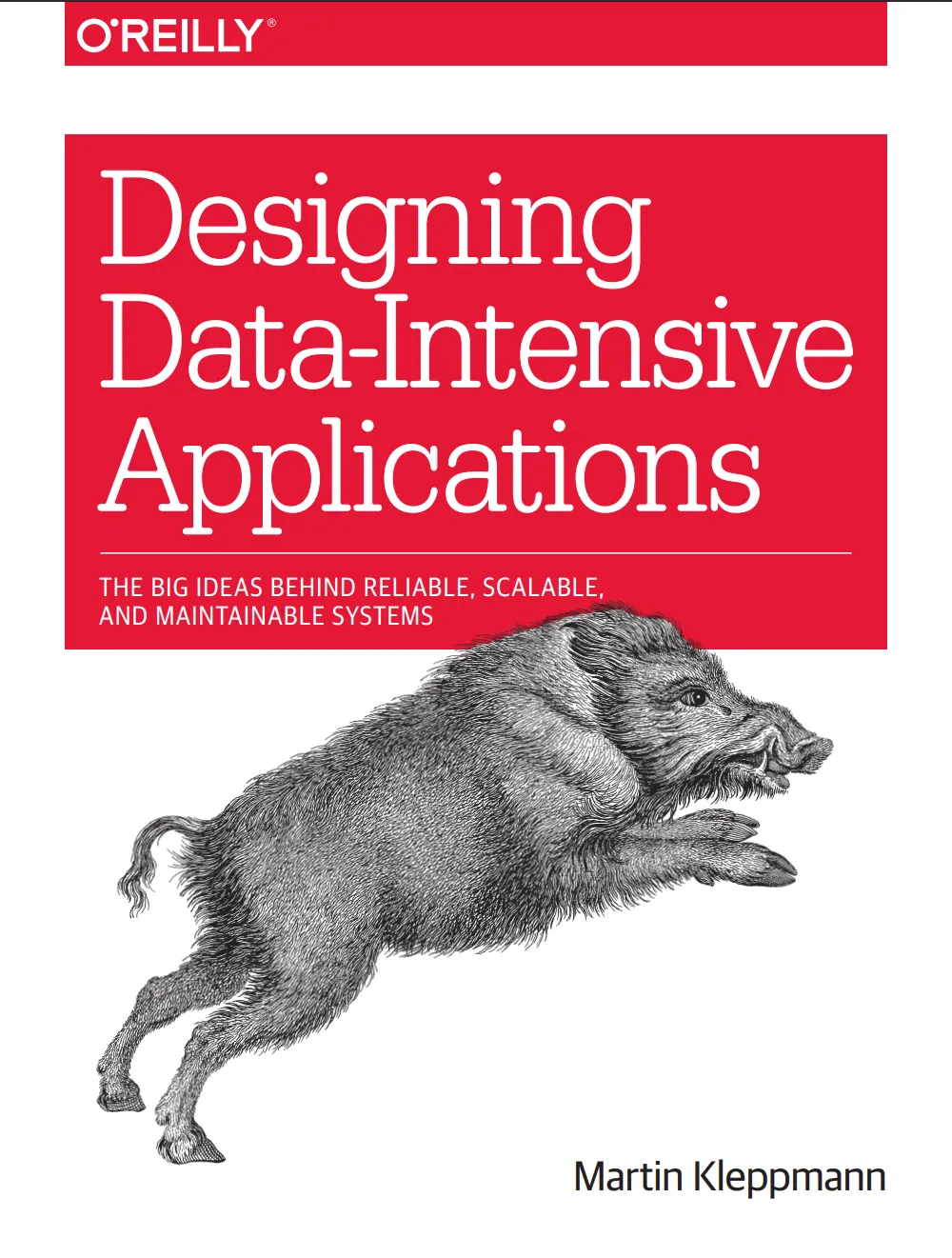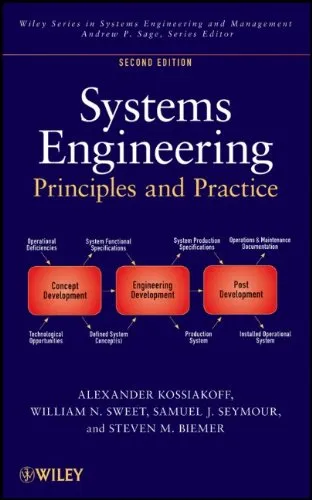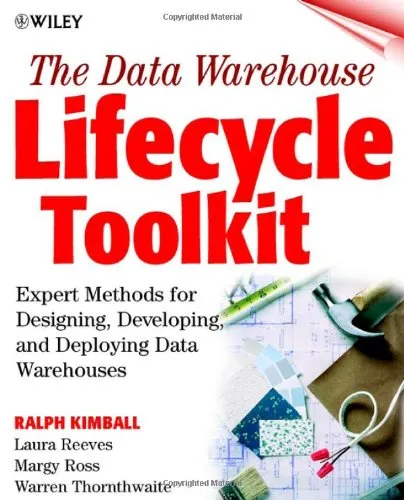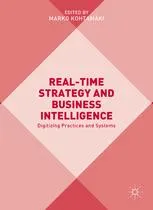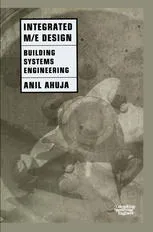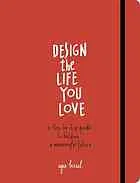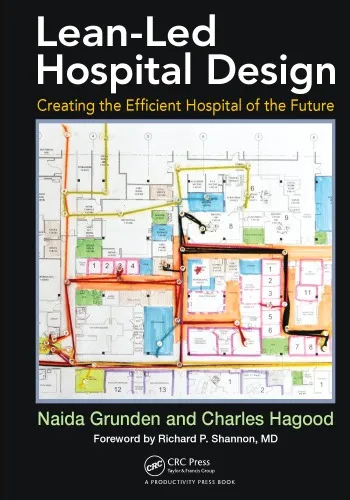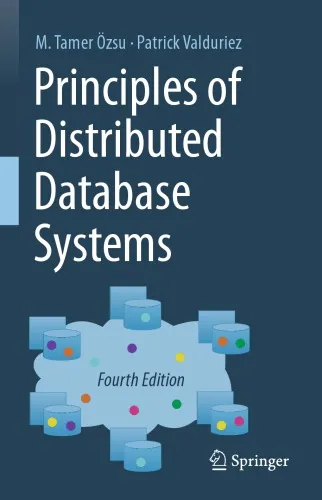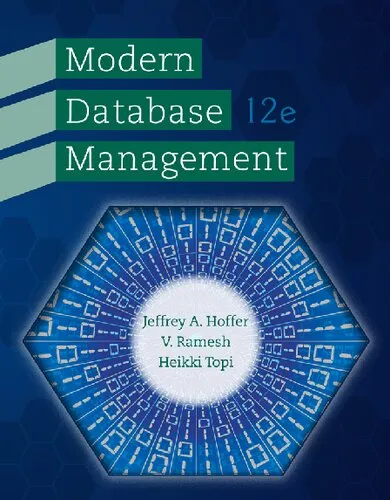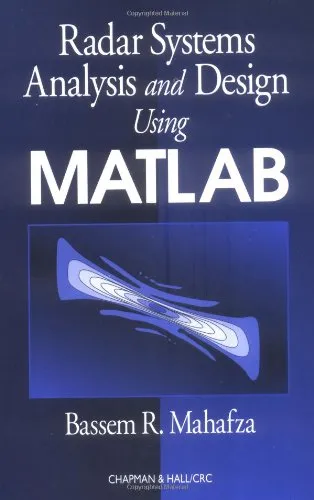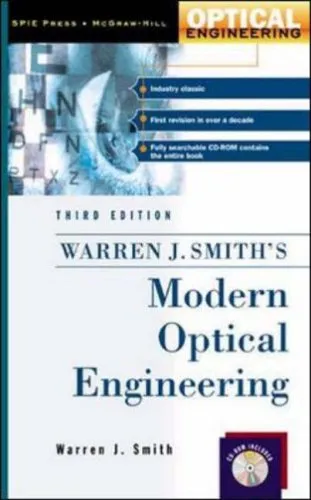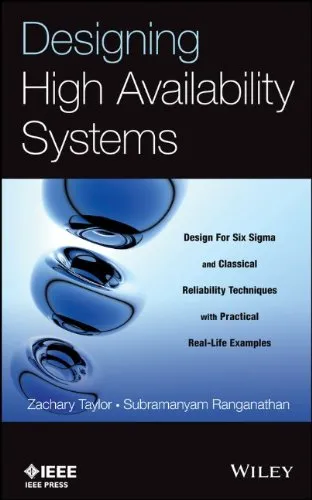Design Methodology for Intelligent Technical Systems: Develop Intelligent Technical Systems of the Future
4.5
Reviews from our users

You Can Ask your questions from this book's AI after Login
Each download or ask from book AI costs 2 points. To earn more free points, please visit the Points Guide Page and complete some valuable actions.Related Refrences:
Introduction
The rapid development of technology and the growing complexity of technical systems have driven the need for sophisticated methodologies to design intelligent technical systems. The book "Design Methodology for Intelligent Technical Systems: Develop Intelligent Technical Systems of the Future" serves as a comprehensive manual for engineers, researchers, academics, and practitioners who seek to understand and apply structured methods in the design of intelligent systems. Authored by industry professionals and academic leaders, the book addresses the interplay between technology, creativity, and innovation, forming a foundation for the next generation of technical systems.
At its core, the book explores the essentials of intelligent systems, providing methods, techniques, and strategies to build adaptable, self-optimizing, and interactive systems. It not only focuses on theoretical knowledge but also integrates practical applications, making it an indispensable guide for anyone interested in developing smart systems aligned with the Industry 4.0 paradigm.
Detailed Summary of the Book
The book is divided into several in-depth chapters, each delving into crucial aspects of intelligent technical systems. It begins by defining what constitutes an intelligent system, tracing their evolution from traditional static systems to highly dynamic, learning-oriented configurations. The authors emphasize the role of software-hardware integration, artificial intelligence (AI), and model-driven approaches in enhancing system performance and autonomy.
Key methodologies such as systems engineering, interdisciplinary collaboration, and scenario-based design are thoroughly discussed, showcasing their relevance to modern technical challenges. Methods for requirement analysis, concept development, and validation are included to provide step-by-step insights into the holistic design process. Case studies from real-world projects span various industries—manufacturing, automotive, and robotics—demonstrating the practical value of implementing the methods outlined in the book.
The book concludes with an exploration of future trends, including developments in cyber-physical systems, the Internet of Things (IoT), and AI integration, empowering readers to remain at the forefront of innovation.
Key Takeaways
- Comprehensive overview of intelligent technical systems and their characteristics.
- Step-by-step design methodologies for developing adaptable, self-optimizing systems.
- Emphasis on interdisciplinary collaboration and systems thinking.
- Detailed case studies highlighting practical applications and successful implementations.
- Innovative approaches to future trends such as AI, IoT, and cyber-physical systems.
Famous Quotes from the Book
“The future of technical systems lies not only in their functionality but in their capacity to learn, adapt, and grow alongside the environments they are designed to serve.”
“Intelligent systems are the result of blending technological innovation with human ingenuity—a confluence of engineering and creativity.”
“Designing intelligent systems requires us to think beyond the immediate problem and consider the system's lifecycle, interactions, and evolution over time.”
Why This Book Matters
In an era where the boundaries between humans and machines are increasingly blurred, this book stands out as a vital resource to guide innovation in intelligent technical systems. It equips readers with the tools and frameworks necessary to bridge the gap between theory and practice, ensuring smart systems meet both functional and societal needs. By addressing multi-disciplinary approaches and emphasizing future-proof designs, the book positions itself as an essential text for those pioneering advancements in Industry 4.0.
Furthermore, the wide range of real-world examples provides readers with actionable insights, inspiring innovation and creative problem-solving in industries undergoing digital transformation. Whether you are an engineer, a decision-maker, or a student, the lessons in this book ensure a holistic understanding of intelligent systems, marking a step toward shaping the technological landscape of the future.
Free Direct Download
You Can Download this book after Login
Accessing books through legal platforms and public libraries not only supports the rights of authors and publishers but also contributes to the sustainability of reading culture. Before downloading, please take a moment to consider these options.
Find this book on other platforms:
WorldCat helps you find books in libraries worldwide.
See ratings, reviews, and discussions on Goodreads.
Find and buy rare or used books on AbeBooks.
1334
بازدید4.5
امتیاز0
نظر98%
رضایتReviews:
4.5
Based on 0 users review
Questions & Answers
Ask questions about this book or help others by answering
No questions yet. Be the first to ask!
